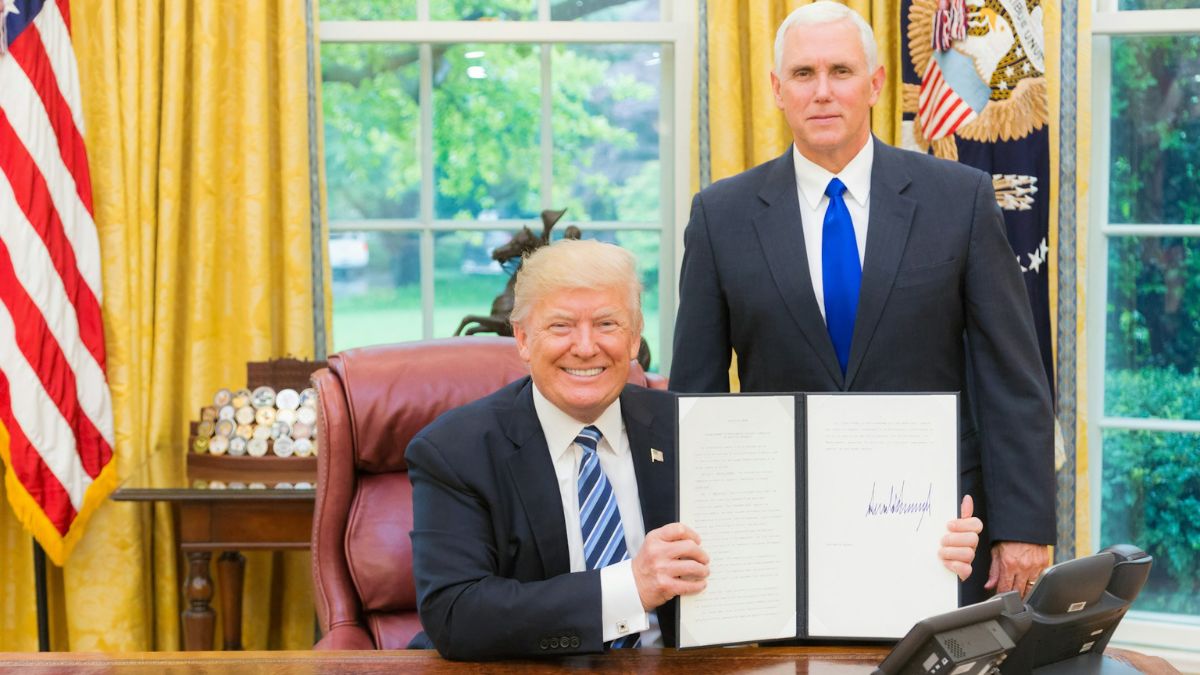Social media is buzzing with rumors that President Donald Trump signed an executive order to reduce the school year to just six months — but is there any truth to it?
Trump to Cut School Year in Half? Social Media Says So
The claim that Trump plans to shorten the school year has gone viral, particularly on TikTok and X (formerly Twitter). The rumor gained momentum alongside discussions about Trump’s proposed reforms to the education system, which include firing several Education Department employees.
“I heard on TikTok that Trump is making the school year only 6 months but I can’t find anything on the internet about it. Please let this be true bruh I js wanna get out of ts fuck ahh high school already🙏” one person noted on X.
Fact Check: No Executive Order Signed
There is no official confirmation or documentation that Trump has signed an executive order to shorten the school year. The claim is false. His recent education initiatives focus on budget cuts and restructuring within the Department of Education, not changing the academic year.
Who Sets the School Calendar?
The president or the federal government does not decide the length of the school year in the United States. Instead, education policy is controlled at the state level, including the number of instructional days required each year.
While most states require around 180 instructional days — roughly equivalent to six months — the typical academic calendar spans closer to nine months due to weekends, holidays, and seasonal breaks. Most schools operate from late August or early September through late May or early June.
Why the Rumor Spread Now
The rumor coincides with growing concerns over student performance and the future of education in the U.S. A 2024 study by the Center on Reinventing Public Education (CRPE) found that students are still struggling to catch up from pandemic-era learning loss.
In January, the National Assessment of Educational Progress (NAEP) also reported declining math and reading scores among fourth and eighth-graders in several states.
Yet, despite these academic challenges, a June 2024 survey showed rising optimism among Gen Z students, with the most favorable school ratings in years.


